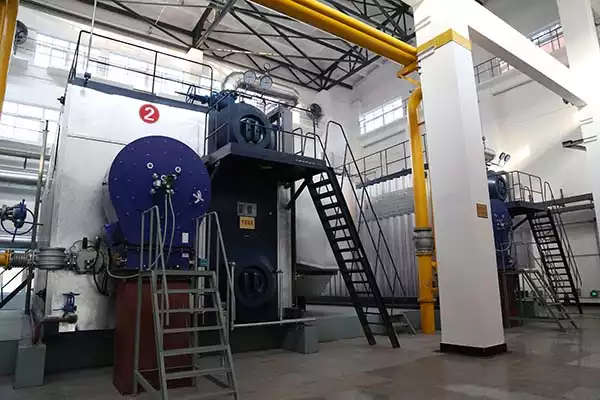
FangKuai Boiler Continues to Lead the Way in Energy-efficient Boiler Manufacturing >
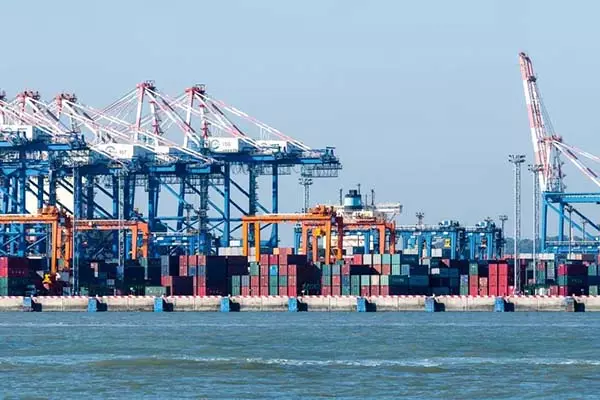
Caldaie Fangkuai: A Stable Development in the Overseas Market >
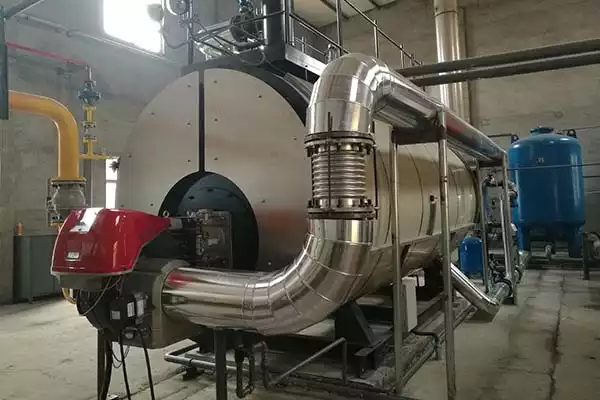
Boost Brewing Efficiency with Fangkuai Gas Boilers & Condensing Water Recovery >
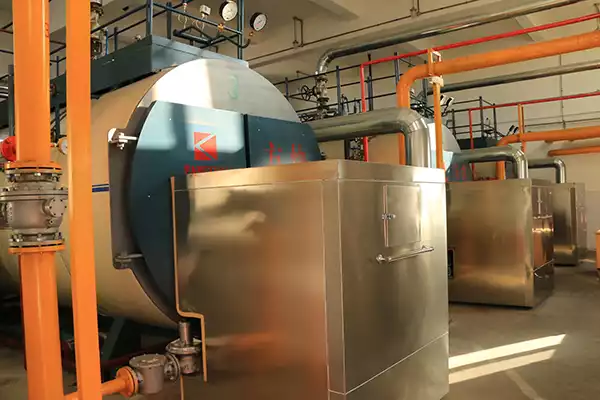
Empowering the Textile Industry in Bangladesh with Fangkuai Dual Fuel Boilers >
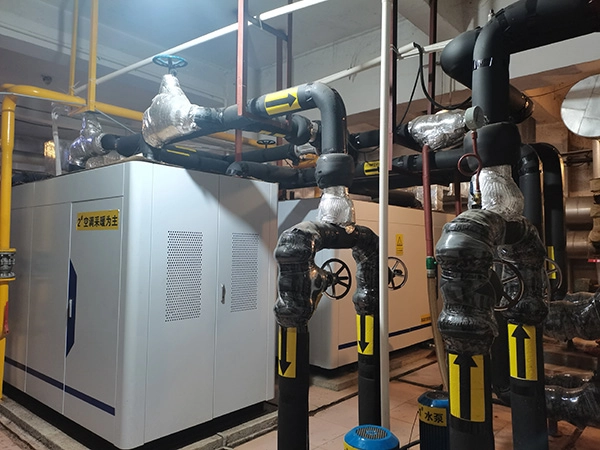
2023 Best Commercial Gas Boiler Prices >
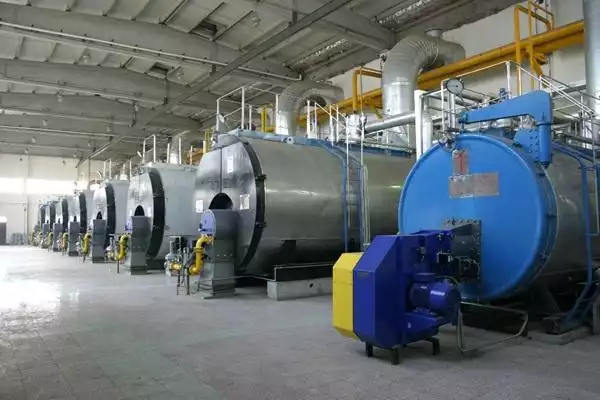
Fangkuai Boiler Introduces New Biomass Boilers >
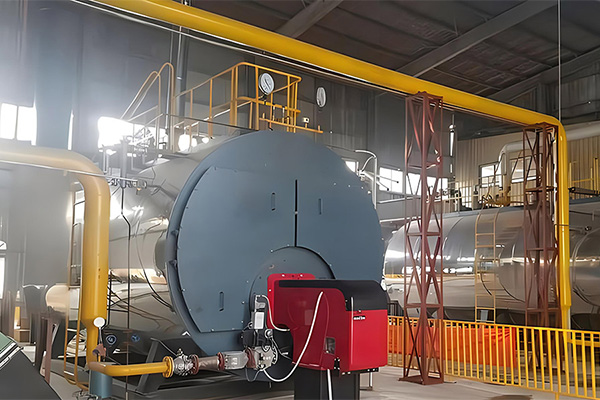
A complete guide to 2 ton industrial steam boilers for small and medium factories. Learn applications, opzioni di carburante, efficienza, benefici, fattori di costo, and how to choose the right boiler.
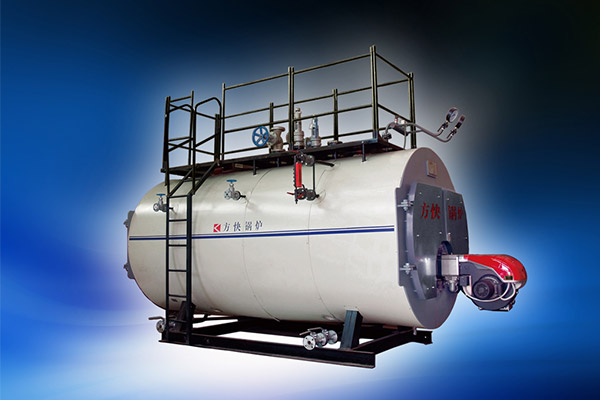
Una guida completa all'industria 6 caldaie a vapore da tonnellate, compresi i principi di funzionamento, specifiche chiave, applicazioni, opzioni di carburante, fattori di efficienza, e costi operativi. Impara a scegliere il giusto 6 tonnellata di caldaia per la vostra fabbrica.
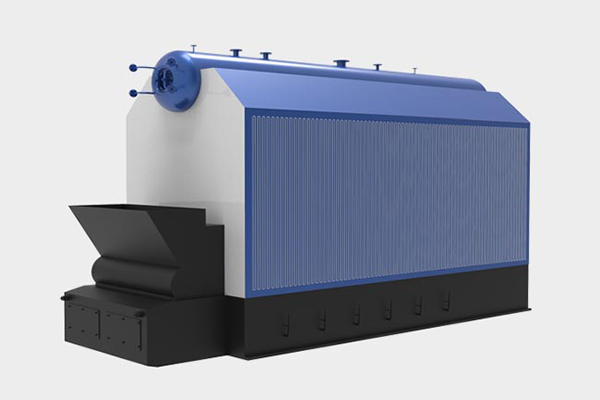
Scopri il costo reale della caldaia a biomassa in 2025, compresi i prezzi delle attrezzature, Commissioni di installazione, Costi di carburante, periodi di rimborso, e consigli degli esperti per ridurre le spese totali.
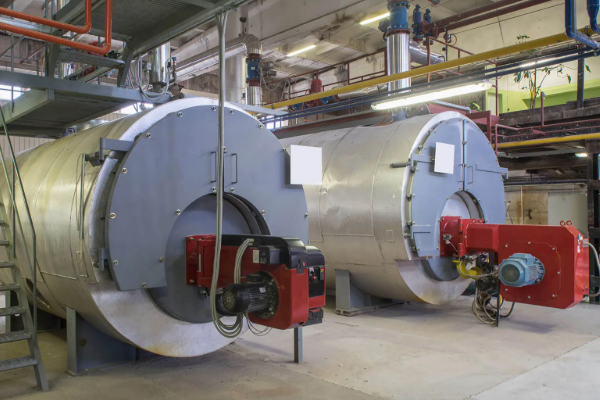
Scopri quanto dura il gas, elettrico, e le caldaie a gasolio durano. Scopri i fattori chiave che influiscono sulla durata della caldaia, consigli per la manutenzione, e quale tipo offre il miglior rapporto qualità-prezzo e durata.

Scopri come una caldaia a olio esausto può ridurre i costi di riscaldamento e ridurre l'impatto ambientale. Scopri come funzionano i bruciatori a olio usato, i loro benefici, prezzo, e suggerimenti per l'installazione in questa guida completa.
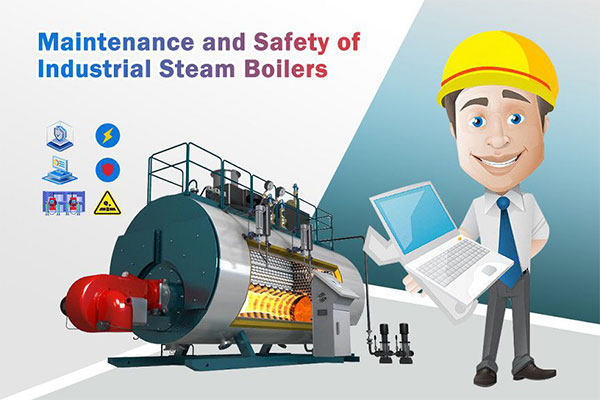
Scoprire 10 consigli essenziali per la manutenzione della caldaia a vapore per aumentarne l'efficienza, prolungare la vita, ed evitare costosi guasti.

I sistemi di caldaie sono al centro di molti processi di riscaldamento e industriali. Se utilizzato in case residenziali, edifici commerciali, o centrali elettriche, svolgono un ruolo cruciale nel fornire calore e acqua calda in modo efficiente.
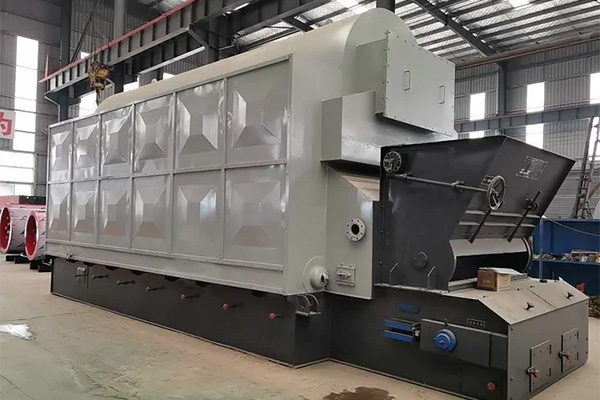
Scopri come funzionano le caldaie a vapore di legna, i loro benefici ambientali, tipi, suggerimenti per la selezione, consulenza su manutenzione e sicurezza per ottenere affidabilità, riscaldamento conveniente.
Cosa devo fare se il carico della caldaia a gas diminuisce improvvisamente?
Quando il carico delle caldaie a gas diminuisce improvvisamente, le unità aziendali che utilizzano le caldaie dovrebbero prestare attenzione. Questa è una situazione grave e pericolosa per la caldaia, accompagnato dalle seguenti situazioni:Quali misure di sicurezza dovrebbero essere prese dopo che la caldaia a gas è fuori servizio?
Molte caldaie a gas non funzionano continuamente durante tutto l’anno. Quando l'impresa non è più in produzione o per altri motivi, la caldaia verrà spenta. Tuttavia, dopo che la caldaia è fuori servizio, devono essere adottate alcune misure di sicurezza. COSÌ, quali misure di sicurezza dovrebbero essere adottate dopo che la caldaia dell'impianto chimico è fuori servizio?Come ridurre il consumo di carburante della caldaia a gas?
Come ridurre il consumo di carburante delle caldaie a gas? Per caldaie a gas, al fine di risparmiare combustibile e migliorare il rendimento termico della caldaia, dobbiamo partire dai seguenti aspetti.Una pressione del vapore della caldaia più alta funziona meglio??
La bassa pressione del vapore è vantaggiosa per la sicurezza delle parti sottoposte a pressione e per un basso consumo energetico; ma la qualità del vapore è relativamente scarsa, con bassa entalpia termica e alta umidità, che potrebbe essere difficile soddisfare le esigenze di disinfezione, sterilizzazione, coltivazione, riscaldamento, e produzione di energia.Formula per l'efficienza della caldaia:Come calcolare l'efficienza della caldaia a gas?
L’efficienza della caldaia si riferisce al rapporto tra l’energia prodotta e l’energia immessa, espresso in percentuale. Maggiore è l'efficienza, tanto più efficacemente la caldaia converte il combustibile in calore. Il raggiungimento dell’efficienza ottimale presenta numerosi vantaggi, incluso un consumo energetico ridotto, bollette più basse, e una minore impronta di carbonio.Caldaia a gas : La guida definitiva alle domande frequenti
Risoluzione dei problemi della caldaia a gas: Get answers to common gas boiler issues in this helpful Q&A page. Scopri soluzioni per problemi come la caldaia che non si accende, regolazione della temperatura, perdite di gas, accensione difettosa, e altro ancora. Trova una guida esperta per mantenere la tua caldaia a gas funzionante in modo fluido ed efficiente.Guida passo passo all'installazione della caldaia a gasolio
Scegliere un luogo adatto per l'installazione della caldaia a gasolio, assicurandosi che ci sia spazio sufficiente per la caldaia, serbatoio dell'olio, e le tubazioni necessarie. La posizione deve essere facilmente accessibile per la manutenzione, ben ventilato, e rispettare le normative edilizie locali.Installazione caldaia a gas: Una guida per un riscaldamento efficiente
Interessato a sapere come installare correttamente una caldaia a gas domestica? Forniamo una guida completa all'installazione della caldaia a gas, interrompendo il processo di installazione, precauzioni, e come garantire la sicurezza. Dall'installazione professionale alla manutenzione cruciale, ci occupiamo del riscaldamento della tua casa.
vVisualizza le recensioni dei nostri clienti
"La caldaia per l'acqua calda di Fangkuai è fantastica. Si riscalda in modo rapido ed efficiente, e l'acqua rimane calda per molto tempo. Non abbiamo mai avuto problemi e ha apportato un miglioramento significativo alle nostre operazioni quotidiane. Anche il processo di installazione è stato molto fluido e il servizio clienti è stato eccellente. Consiglio vivamente le caldaie ad acqua calda di Fangkuai."
Sara
Canada"La caldaia ad olio diatermico di Fangkuai è molto facile da usare e manutenere. Ci ha aiutato a risparmiare tempo e denaro sulla manutenzione, che ha portato a notevoli risparmi sui costi. La qualità dei materiali e la costruzione della caldaia sono eccezionali. È anche molto efficiente dal punto di vista energetico, che ci ha aiutato a risparmiare sulle nostre bollette energetiche. Consiglio vivamente la caldaia a olio diatermico di Fangkuai ."
Allen
Brasile"Il servizio clienti di Fangkuai è di prim'ordine. Mi hanno aiutato a scegliere la caldaia perfetta per le mie esigenze e mi hanno fornito un grande supporto durante tutto il processo. Anche il processo di installazione è stato molto fluido e la caldaia ha superato le mie aspettative. È molto facile da usare e mantenere, e l'efficienza energetica è notevole. Consiglio vivamente i prodotti Fangkuai a chiunque necessiti di soluzioni di riscaldamento affidabili ed efficienti."
Giovanni
Messico"I generatori di vapore di Fangkuai sono eccellenti. Sono molto facili da usare e richiedono una manutenzione minima. Anche il servizio clienti di Fangkuai è eccezionale. Sono molto reattivi e sempre disposti ad aiutare. Notevole anche l'efficienza energetica dei generatori di vapore, che mi ha aiutato a risparmiare sulle mie bollette energetiche. Consiglio vivamente i generatori di vapore di Fangkuai."
Maria
Spagna"La caldaia ad olio diatermico di Fangkuai è molto facile da usare e manutenere. Ci ha aiutato a risparmiare tempo e denaro sulla manutenzione, che ha portato a notevoli risparmi sui costi. La qualità dei materiali e la costruzione della caldaia sono eccezionali. È anche molto efficiente dal punto di vista energetico, che ci ha aiutato a risparmiare sulle nostre bollette energetiche. Consiglio vivamente la caldaia a olio diatermico di Fangkuai ."
Allen
Brasile"Il generatore di vapore di Fangkuai è perfetto per la mia piccola impresa. È molto facile da usare e richiede una manutenzione minima. È anche molto efficiente dal punto di vista energetico, che mi ha aiutato a risparmiare sulle mie bollette energetiche. Anche il servizio clienti di Fangkuai è eccellente. Sono molto reattivi e sempre disposti ad aiutare. Consiglio vivamente i generatori di vapore di Fangkuai."
Ahmad
Egitto"Ho acquistato una caldaia a vapore Fangkuai per la mia fabbrica e funziona perfettamente da mesi ormai. La qualità dei materiali e la costruzione della caldaia sono impressionanti. È anche molto efficiente dal punto di vista energetico, che ci ha aiutato a risparmiare sulle nostre bollette energetiche. Consiglio vivamente i prodotti Fangkuai a chiunque necessiti di soluzioni di riscaldamento affidabili ed efficienti."
John
Stati Uniti d'America"Utilizziamo da anni la caldaia ad olio diatermico Fangkuai per il nostro impianto chimico e non ci ha mai deluso. La caldaia è molto resistente e può resistere a condizioni difficili. È anche molto facile da usare e mantenere, che ci ha aiutato a risparmiare tempo e denaro per la manutenzione. Le caldaie ad olio diatermico Fangkuai sono di prim'ordine e le consiglio vivamente a chiunque necessiti di soluzioni di riscaldamento affidabili."
Chang
Cina"Il servizio clienti di Fangkuai è di prim'ordine. Mi hanno aiutato a scegliere la caldaia perfetta per le mie esigenze e mi hanno fornito un grande supporto durante tutto il processo. Anche il processo di installazione è stato molto fluido e la caldaia ha superato le mie aspettative. È molto facile da usare e mantenere, e l'efficienza energetica è notevole. Consiglio vivamente i prodotti Fangkuai a chiunque necessiti di soluzioni di riscaldamento affidabili ed efficienti."
Giovanni
Messico